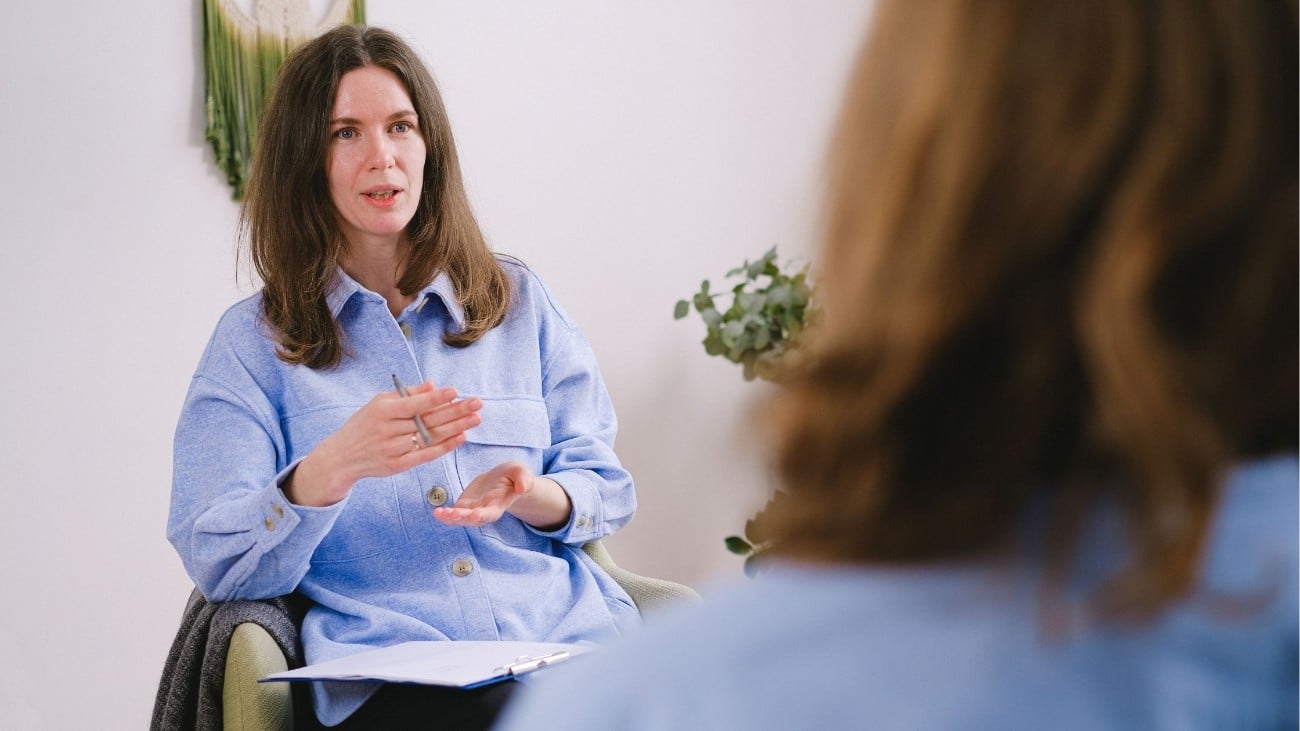Why Health and Wellbeing Coaching Matters More Than Ever
Just eat less and move more.” “Follow this 12-week program.” “Take these supplements twice daily.”
Sound familiar? This is the world of wellness we’ve created: endless prescriptions, protocols, and one-size-fits-all solutions.
And yet, despite having more health information than any generation before us, we’re not getting healthier. We’re living longer but feeling worse. Mental health struggles are skyrocketing. Chronic disease rates continue climbing.
Here’s the uncomfortable truth: the problem isn’t a lack of information. The problem is that we’ve been approaching wellness like a medical diagnosis, telling people what’s wrong and prescribing the fix.
Two Models, Two Different Approaches
To understand why health and wellbeing coaching has become so essential, we need to examine the fundamental difference between two approaches to health and change.
The bio-medical model, which dominates both healthcare and much of the wellness industry, operates on a simple premise: identify the problem, prescribe the solution. This expert-led approach has its place and can be highly effective for many health conditions and situations.
However, when it comes to sustainable lifestyle change and wellbeing, there’s a more powerful approach: the psycho-social model.
This model recognises that lasting change happens through collaboration, not prescription. It places the individual at the centre of their own change process, acknowledging that sustainable solutions must emerge from understanding someone’s unique circumstances, values, motivations, and barriers.
In the psycho-social model, the professional’s role shifts from prescribing what someone should do to facilitating their discovery of what they can and will do. The client becomes an active participant in designing their own path forward, rather than a passive recipient of expert advice.
This isn’t about rejecting expertise; it’s about applying it differently. It’s the difference between saying “You should do this” and asking “Given your circumstances and preferences, what approach might work for you?”
Research consistently shows that when people are involved in creating their own solutions, compliance increases dramatically. More importantly, the changes tend to be sustainable because they’re built on the foundation of the person’s actual life, not an idealised version of what their life should look like.
The Revolution of “What Works for You?”
This is where health and wellbeing coaching represents a fundamental shift. Instead of asking “What should you do?” we ask “What could work for you?”
It’s the difference between being handed a prescription and being invited to collaborate on your own solution.
Rather than fitting you into a predetermined protocol, we work together to understand your actual life. What energises you? What drains you? What small change would feel achievable rather than overwhelming? What have you tried before, and why didn’t it stick?
This collaborative approach isn’t just nicer, it’s more effective.
When solutions emerge from your own insights and circumstances, you’re infinitely more likely to follow through.
The Shift Toward Personal Responsibility
People are beginning to realise they can’t outsource their wellbeing to others. They need to become active participants in their own health, to prioritise prevention over cures.
This shift represents a fundamental change in how we think about health and wellness. Rather than waiting for problems to arise and then seeking fixes, more people are recognising the value of taking proactive steps to maintain and improve their wellbeing.
But here’s the challenge: becoming an active participant in your own health requires skills that most of us were never taught. How do you identify what changes would make the biggest difference? How do you navigate conflicting advice? How do you create sustainable habits that stick when life gets complicated?
This is where skilled support becomes invaluable. Not someone to tell you what to do, but someone to help you develop the skills to make informed decisions about your own wellbeing.
While some people are naturally self-motivated, most of us need support, accountability, and someone who believes in our capacity for change even when we don’t believe in it ourselves.
What Coaching Actually Is
There’s a common misconception that coaching is all about encouragement and pep talks. While support is part of what we do, the work goes much deeper than that.
We’re skilled at helping you uncover what truly matters to you, not what you think should matter. We notice patterns in your behaviour that you might miss. We help you navigate the inevitable setbacks without throwing in the towel.
Most importantly, we understand that change isn’t linear. You’ll have good weeks and terrible weeks. You’ll make progress and slide backwards. This isn’t failure, it’s being human.
The Ripple Effect
When someone starts taking genuine care of themselves – not following someone else’s rules, but creating their own sustainable path – the impact spreads far beyond their individual health.
Their family sees someone modelling self-compassion rather than self-punishment. Their workplace benefits from someone showing up with more energy and focus. Their community gains someone who understands that wellness isn’t about perfection.
This is why I believe health and wellbeing coaching is essential in today’s world, because everyone deserves support in creating a life that feels sustainable and fulfilling.
The Missing Piece
Traditional healthcare excels at crisis management. The wellness industry excels at inspiration and information. But there’s a gap between knowing what to do and actually doing it sustainably.
Health and wellbeing coaches fill that gap. We bring the time, skills, and perspective needed to help people bridge the space between their current reality and their desired future.
In a world that’s increasingly complex and overwhelming, perhaps what we need most isn’t another expert telling us what to do. Perhaps what we need is someone skilled at helping us figure out what works for us.







